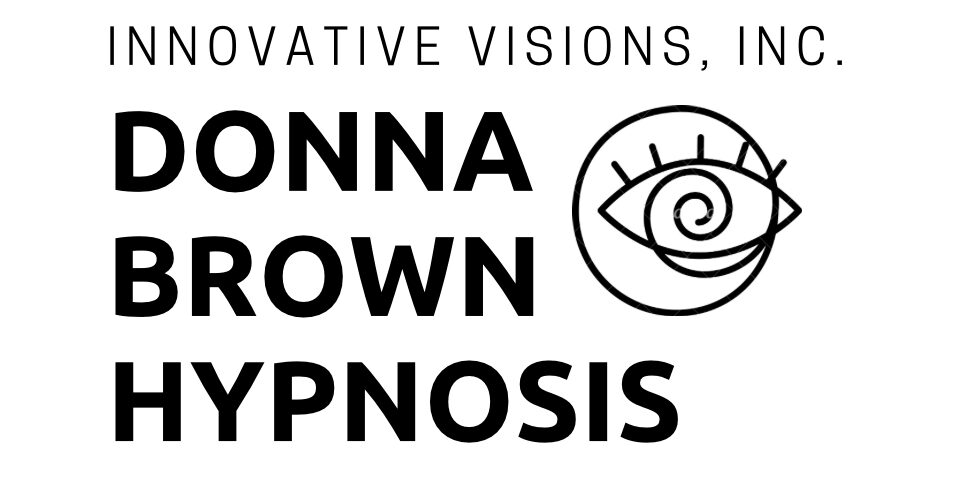Breathing is something we do without thinking. Every breath supports us, keeping us alive and healthy, yet we often overlook its power.
Every energy healing modality has you focus on your breath: hypnosis, Reiki, yoga, meditation, and Qi Gong to name a few. Deep breathing allows your central nervous system to calm down. You will receive more from each hypnosis session when start with breath work.
During hypnosis, I use a method of breathing that allows the Vegas nerve in your diaphragm to send feel-good endorphins to your brain. You physically can’t have an anxiety attack if you are breathing, holding, and releasing your breath.
Breathing can be used at any time in any situation, keeping you calm and in control.
By paying attention to your breathing, you become more aware.
Are you ready to discover how simple, mindful breathing can improve both your hypnosis experience and your everyday life?
Different Breathing Techniques Help You Help Yourself:
- Imagine you’re sitting on your couch after a long day. You close your eyes and start with Belly Breathing. As you breathe in deeply, you feel your belly expand, and as you exhale, you let go of all the tension. This breathing exercise makes it easier to reduce stress, promotes relaxation, and enhances oxygen exchange.
- Now, picture a moment when you’re feeling overwhelmed, maybe at work or dealing with a stressful situation. You can use Box Breathing to bring yourself back to a calm state. You breathe in for four seconds, hold it for four seconds, breathe out for four seconds, and then do nothing for four seconds. This steady pattern helps calm the mind, reduces stress, and improves focus. The Navy Seals use this method of breathing and so do many people driving in the Houston metroplex.
- There’s the 4-7-8 Breathing, a great technique for those who feel anxious. You breathe in for four seconds, hold your breath for seven seconds, and then slowly exhale for eight seconds. This type of breathing stretches the diaphragm, and you can’t physically have an anxiety attack. When you are short of breath due to stress, try this. You can also practice before bed—each breath helps to calm your mind and prepare you for a restful night’s sleep.
- A great exercise just for the fun is called Bhramari (Bee Breath). This can work for people who use sounds to calm down. You inhale deeply through your nose, and on the out-breath you close your eyes, plug your ears with your fingers, and hum like a bee. Focus on those sound vibrations in your head. This calms the mind, soothes tension, and promotes mental clarity.
These breathing methods help keep you relaxed and focused while navigating everyday life. They’re dynamic tools you can carry with you without having to carry a bag. Deep breathing helps manage stress and gives you the ability to stay calm, no matter what the day throws at you.
Each hypnosis session starts with deep breathing.
The slow deep breaths calm your body and mind, setting the stage for going deeper. By controlling your breath and slowing it down, you tell your body it’s time to relax.
Paying attention to your breath helps you tune into your subconscious mind, which is important for any hypnosis session.
Benefits of Breathing At Home, School, The Office!
Benefits of mindful breathing include:
- A profound effect on the nervous system. Deep breathing engages the parasympathetic nervous system which promotes relaxation and counters the “fight or flight” response of the sympathetic nervous system.
- Deep breathing lowers the production of cortisol and adrenaline. As cortisol levels drop, the body moves away from stress-related states like anxiety, panic, and tension.
- Deep breathing increases the amount of oxygen in the bloodstream. This can increase energy and stamina while reducing feelings of fatigue.
- By calming the nervous system, deep breathing can help regulate emotions. It diminishes the feeling of being overwhelmed by activating the parts of the brain associated with emotional control.
- These methods improve sleep by allowing tense muscles to relax.
- Deep breathing also improves cognitive functions such as concentration, memory, and focus
I ask stressed and anxious clients to do a round of three breathing repetitions (4-7-8 works) when they wake up and when they go to bed in the evening.
I’m a Certified Hypnotist in Houston and I’d be happy to discuss whatever you would like to discuss. I help everyday people with everyday problems. If you can’t afford a session yet, take a deep breath in for four, hold that breath for several counts, and do a long release with eight counts. Do this until you get comfortable with whatever you are dealing with.
Book a free consultation call now and we can get started.







